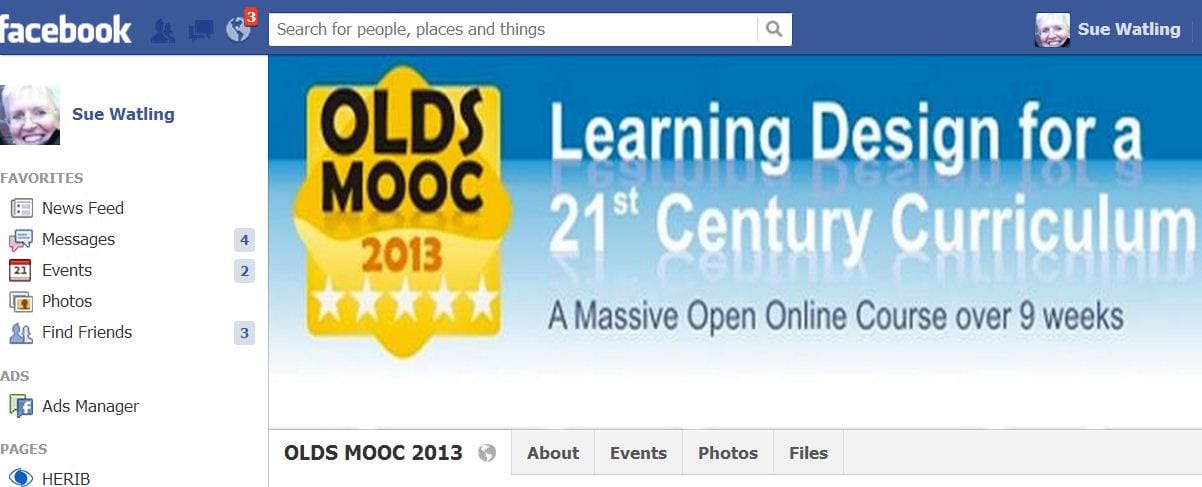Last year I suggested doing a MOOC for Christmas. Participation seemed a good way to experience online learning design but after my first week with OLDsMOOC, I realise how passive my previous MOOCs have been. The challenge of OLDsMOOC is it demands action and integration. OLDsMOOC is too big for lurking. You need the sense of a group with a shared purpose. Otherwise it’s like being in a giant city for the first time; full of iconic landmarks and exciting to be there – but even better with map of the public transport systems and some familiar faces to share it with.
DIY Multimedia at https://groups.google.com/forum/?fromgroups#!forum/olds-mooc-diy-multimedia is taking shape and it’s exciting to be sharing everyone’s contributions in this way. Useful commonalities between OLD and the use of multimedia in teaching and learning are emerging. Both areas sit outside subject specialism. Multimedia is part of being digitally literate. The recognition that digital literacies would benefit from sector wide funding under the JISC Developing Digital Literacies programme was welcome. However, funds tend to go to teams already embedded in digital ways of working with the risk of assumptions made by innovators and early adopters about individual confidence and competence with working in online environments. This also applies to OLD. Experts in face-to-face design and delivery can be left to work out OLD for themselves; this can result in a mass of content posted online with little variety or interaction. A common complaint is ‘I set up a discussion forum but nobody used it!’ Experience of an online course, or MOOC, in particular the loneliness of the long distance learner, or overload of information, is invaluable. OLDsMOOC is experiential learning at its best.
The strange becomes familiar: Facebook has arrived on OLDsMOOC!
Facebook has arrived! After the strangeness of Cloudworks and initiation into Google Groups, the OLDs Facebook site offers a welcome familiar face. Facebook for me has become a useful mechanism for keeping up to date with community groups and organisations as well as family and friends. To see OLDsMOOC appear here was almost a relief; at last, an environment I can integrate into my daily online routine. The link between familiar online environments and retention might be worth further investigatinon.
The OLDs calendar of w/b on Thursdays is another anomaly I’m finding difficult to adjust to. I can’t shift from feeling Mondays is the start of the week. Does OLD work best when operating on a traditional time scale? Another question to reflect on for future practice.

